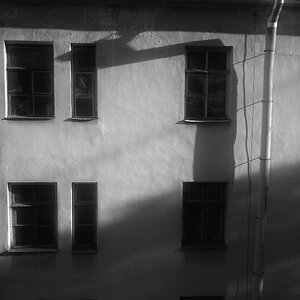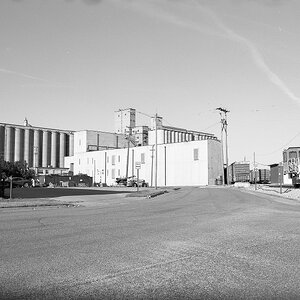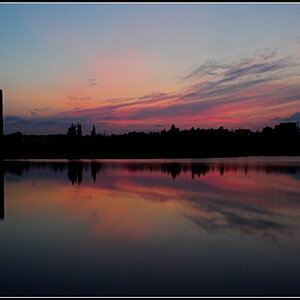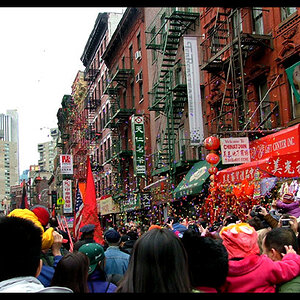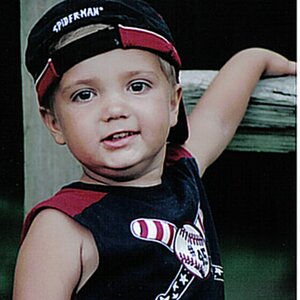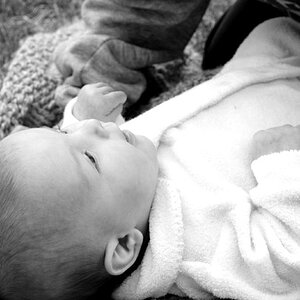Bobby Ironsights
TPF Noob!
- Joined
- Dec 3, 2006
- Messages
- 346
- Reaction score
- 21
- Location
- Thunder Bay, ON, Canada
- Can others edit my Photos
- Photos OK to edit
Hi, My sister is getting into photography, much to my pleasure. She asked me to teach her, and after muttering some things about aperture and depth of field, I realized my skills as a teacher are limited.
I don't have the textbook I started out with, nor do I remember the title, so I'm starting from scratch, other than knowing I'll give her Light Science and Magic for the second book she'll read.
Can any of you fine people recommend me a beginners general photography textbook?
Thanks for your time,
Bob
I don't have the textbook I started out with, nor do I remember the title, so I'm starting from scratch, other than knowing I'll give her Light Science and Magic for the second book she'll read.
Can any of you fine people recommend me a beginners general photography textbook?
Thanks for your time,
Bob


![[No title]](/data/xfmg/thumbnail/32/32782-7f10503454a2a8eeff8b554e3b081c86.jpg?1619735661)

